Hariri's Paris meeting to boost Lebanon stability - top aide
Politicians from all sides in Lebanon have called for his return to Beirut
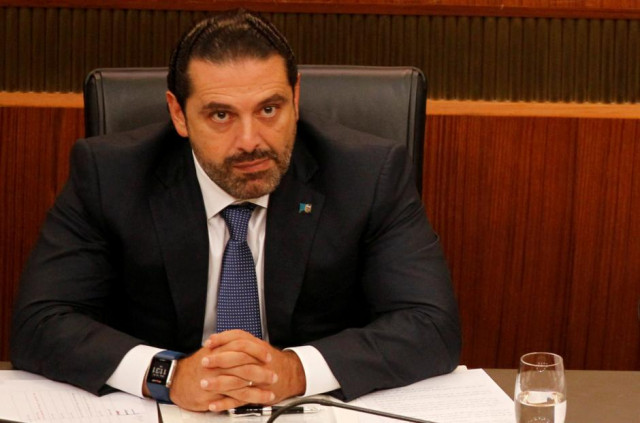
FILE PHOTO: Lebanon's Prime Minister Saad al-Hariri attends a general parliament discussion in downtown Beirut, Lebanon October 18, 2017.
PHOTO: REUTERS
Hariri quit as prime minister in a broadcast from Saudi Arabia two weeks ago, saying he feared assasination and railing against Riyadh's foe Iran along with its Lebanese ally Hezbollah. Hariri, a Sunni Muslim leader and long-time Saudi ally, has yet to return to Beirut.
Iran says 'biased' French policy stoking Mideast crises
His decision to quit threw Lebanon into a political crisis. It also put the country centre stage in the Middle East's overarching rivalry between Saudi Arabia and its allies and a bloc led by Iran.
"Prime Minister Hariri has a meeting tomorrow at the Elysee with the French president, and Lebanon will have overcome this big obstacle," said Lebanese Interior Minister Nohad Machnouk, a senior member of Hariri's political party on Friday. "The door will open to more stability and to the ability to face all the difficulties that we have gone through," Machnouk said after meeting with Lebanese President Michel Aoun.
A Elysee Palace source has said Hariri would fly to Paris on Saturday and meet President Emmanuel Macron the same day. French officials said they did not know how long Hariri would stay before returning to Beirut but hoped his visit would help soothe the crisis by demonstrating he was not being held in Saudi Arabia.
Aoun has refused to accept the resignation unless the premier returns to Lebanon, and has accused Riyadh of holding Hariri hostage. The president said this week on Twitter he hoped "the crisis is over" and the France visit would open the door to a solution.
France, Lebanon and the Hariri family have close ties
Top Lebanese government officials and senior politicians close to Hariri say he was forced to quit and was being held by Saudi. Politicians from all sides in Lebanon have called for his return to Beirut. Riyadh has denied forcing Hariri to resign or detaining him.
In a TV interview on Sunday, his first public comments since quitting, Hariri said he is free to leave and would return home soon to formally submit his resignation. Hariri became Lebanon's prime minister last year in a power-sharing deal in which Aoun, a political ally of Hezbollah, became head of state. His coalition government includes Hezbollah, the heavily armed militant group and political party.

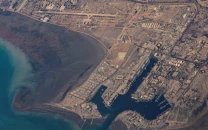
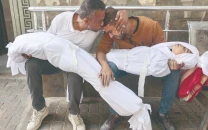
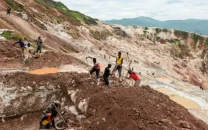
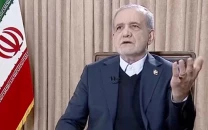
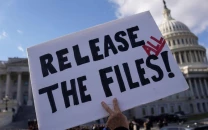
1721969212-0/BeFunky-collage]-(35)1721969212-0-208x130.webp)












COMMENTS
Comments are moderated and generally will be posted if they are on-topic and not abusive.
For more information, please see our Comments FAQ